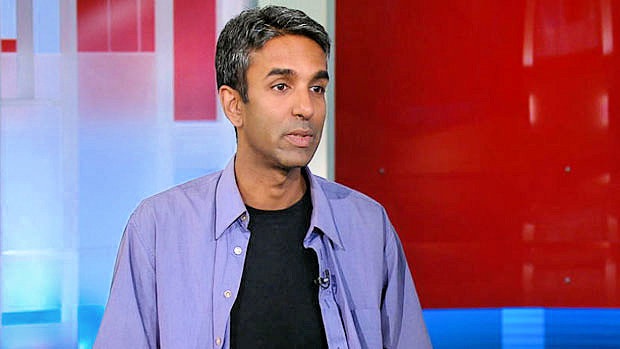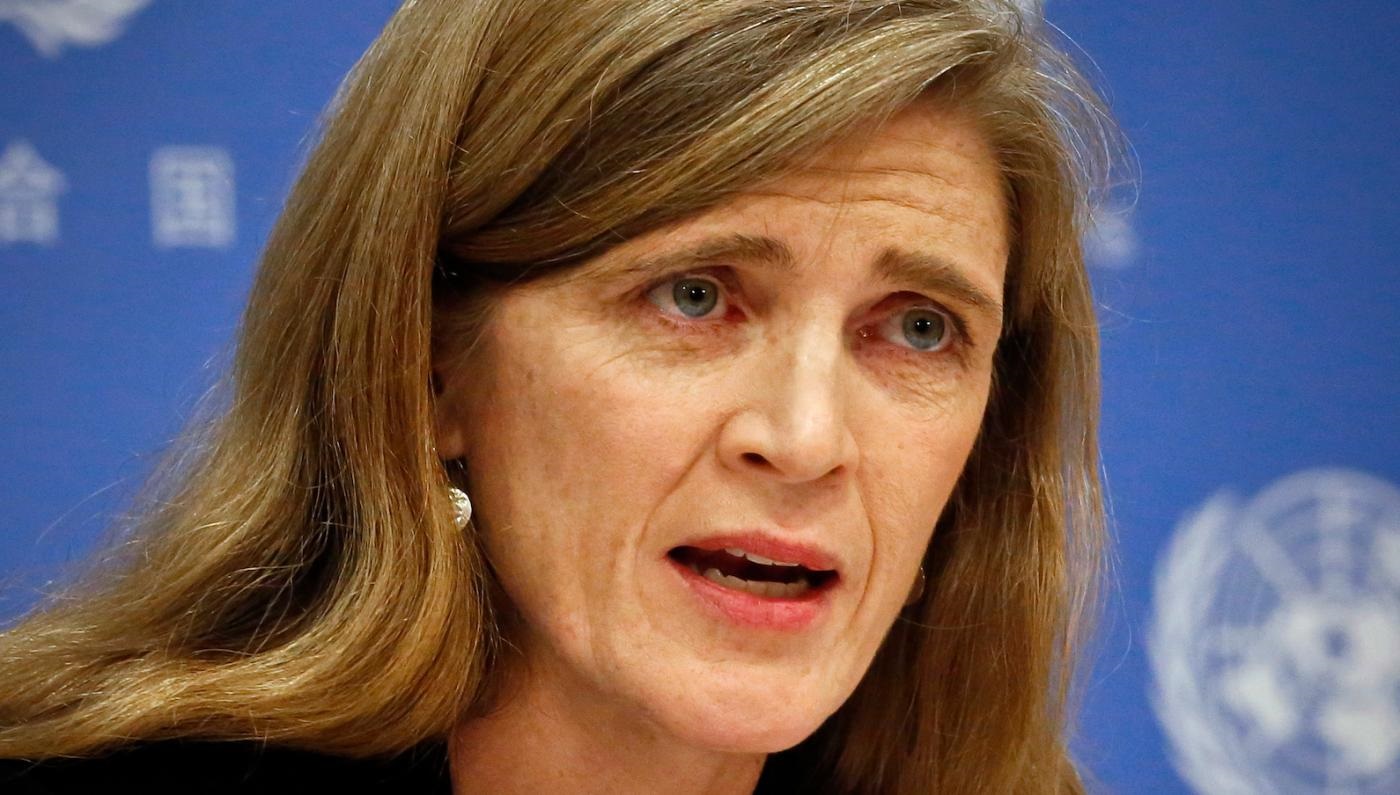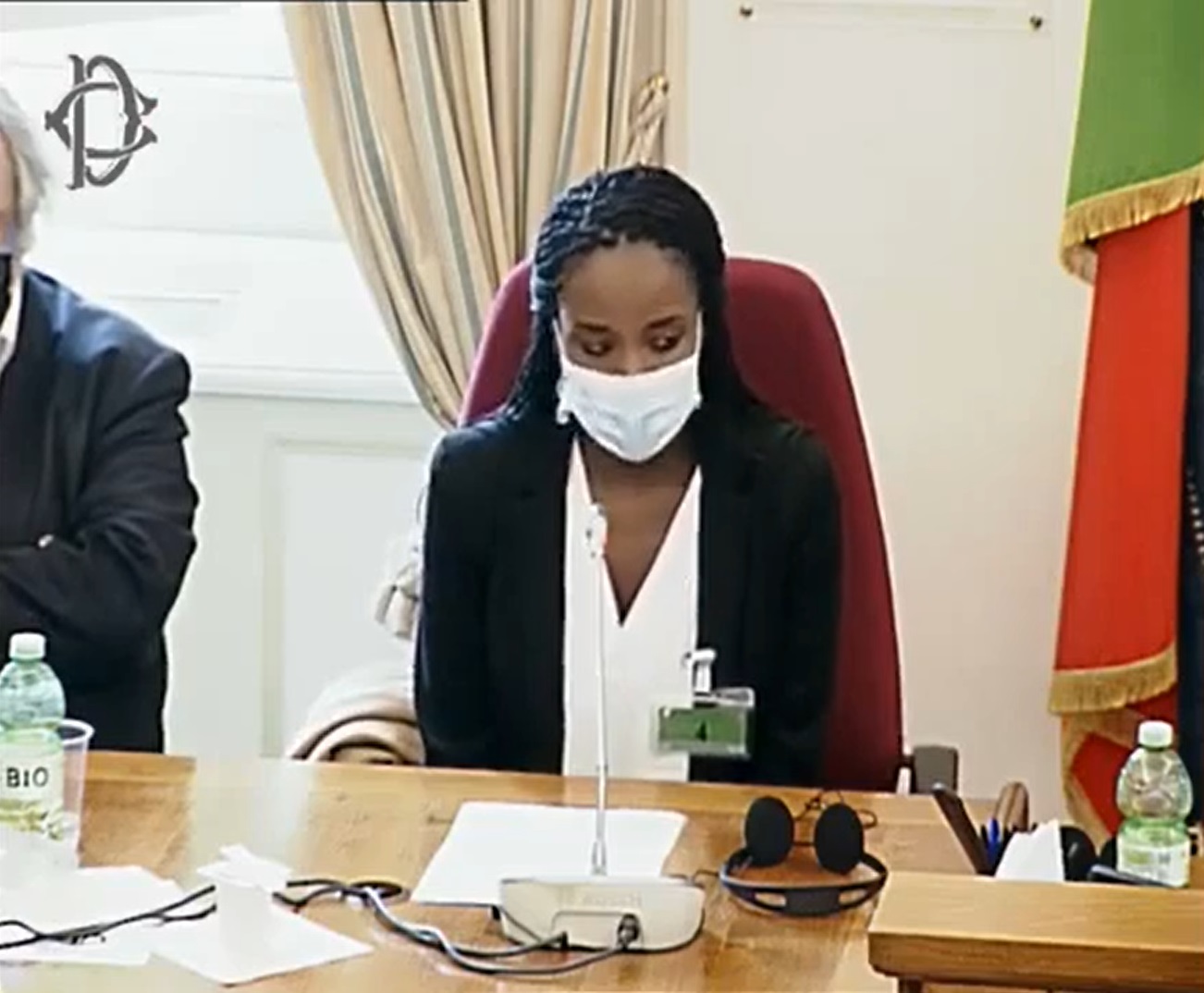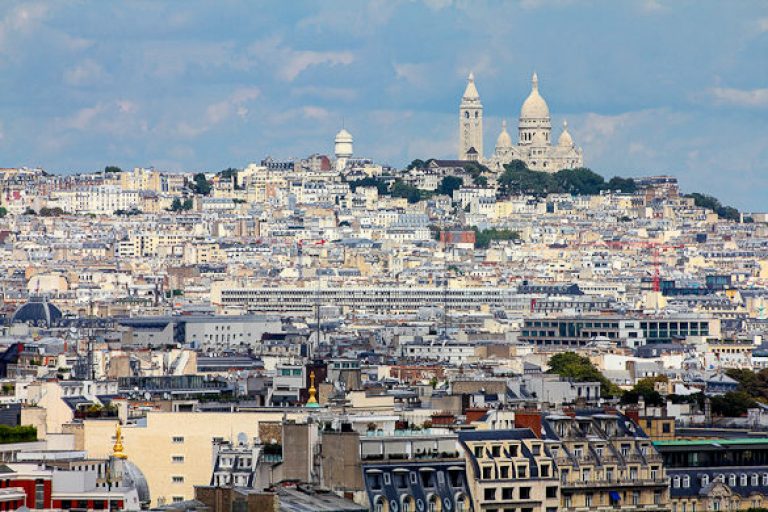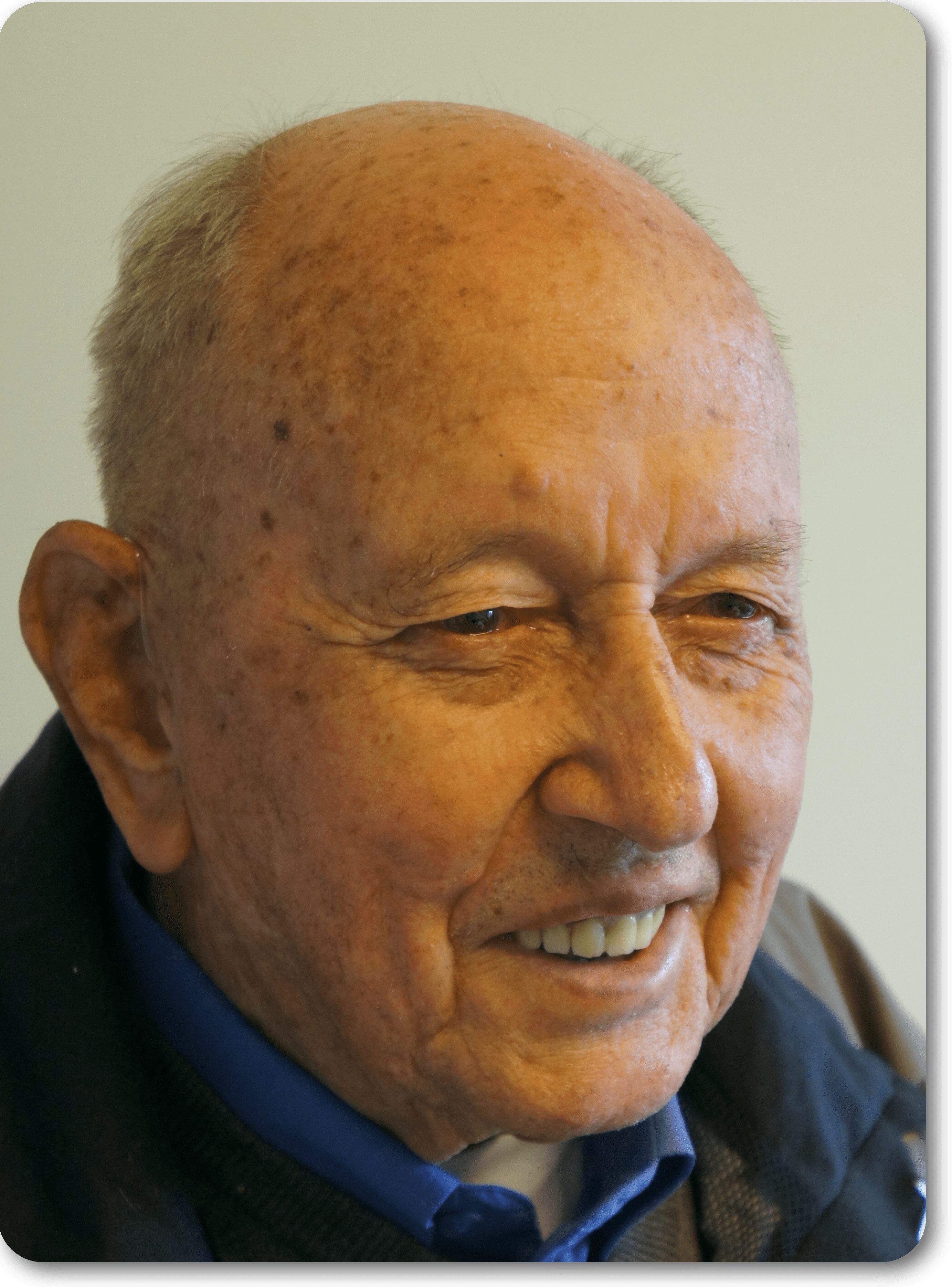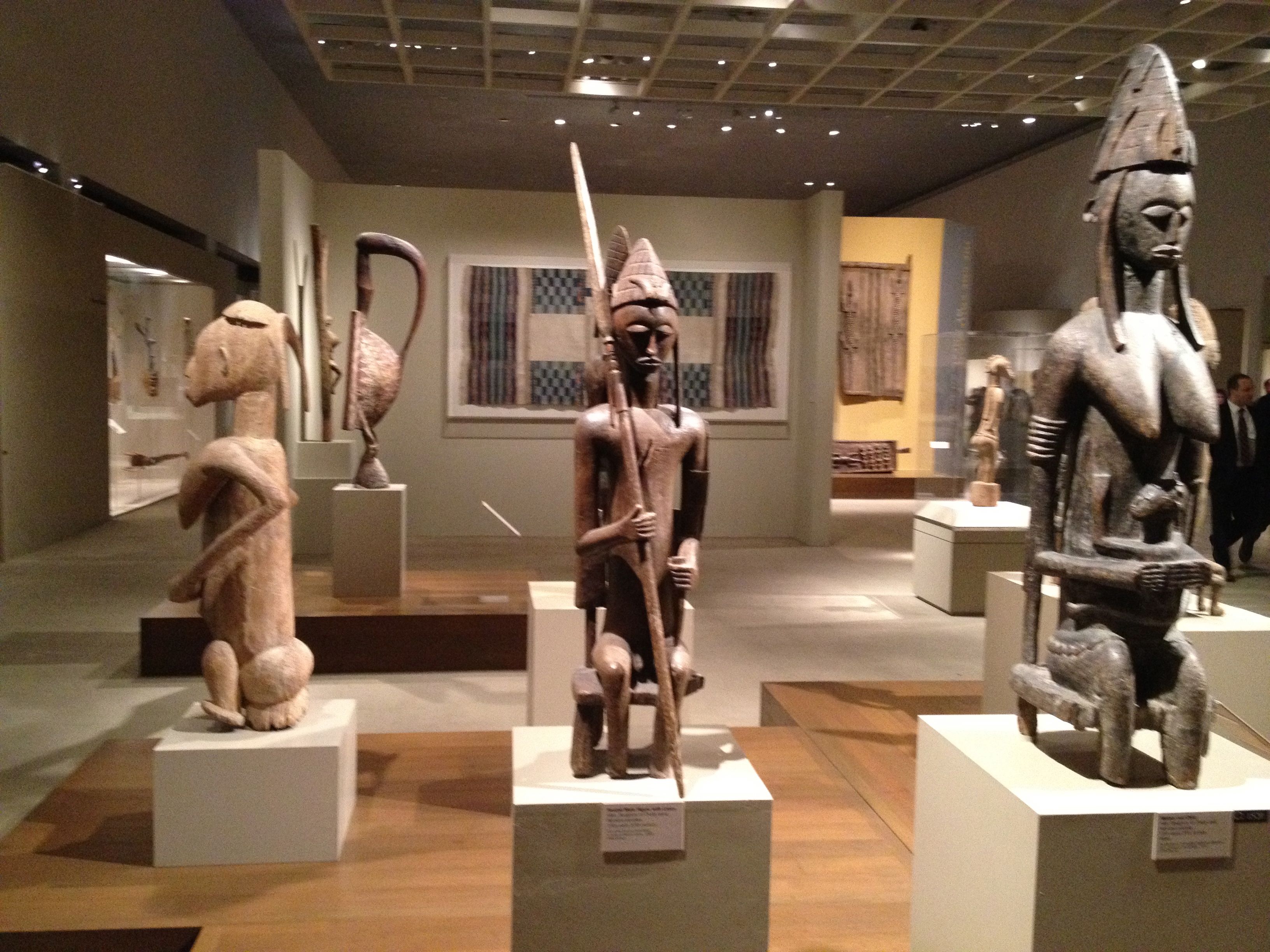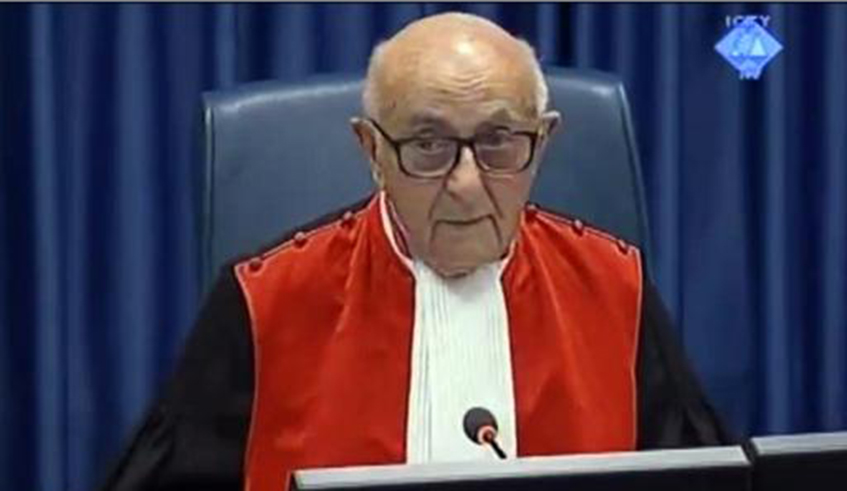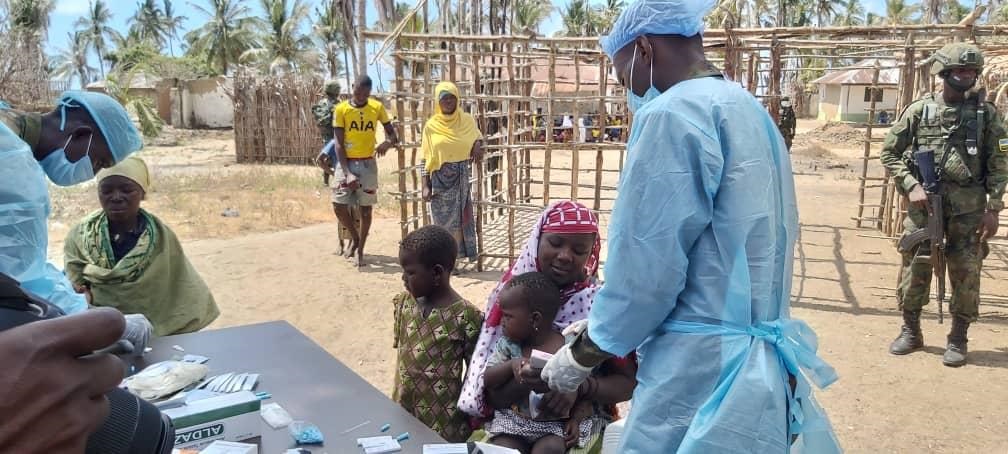International
Rwandan security forces setting example
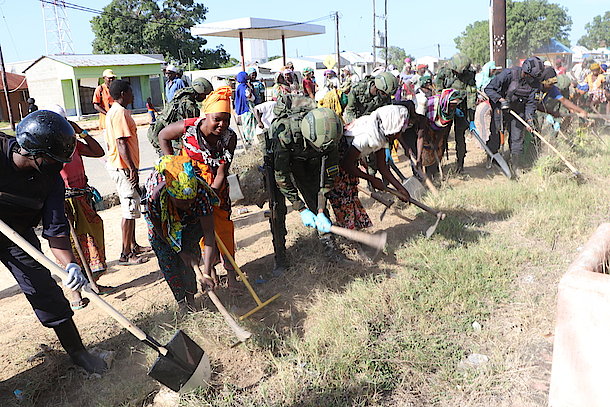
On Saturday,
November 27, the Rwandan security forces deployed in Mozambique’s Northern
Province of Cabo Delgado introduced community work, or Umuganda as it is known
in Rwanda, in Palma District. Umuganda, one of Rwanda’s home grown
solutions that explain why the country is one of the cleanest in the world, is
mainly done on the last Saturday of every month from, 08:00 to 11:00.
Almost
similar to the Kenyan Swahili word, Harambee, which means coming together to
build a nation, in traditional Rwandan culture, community members called upon
their family, friends and neighbours to help complete tasks such as building a
house. This traditional cultural initiative was refined and revived and, today,
it is not only transforming Rwandan cities and communities but even those
overseas are benefiting from the rare export.
On
November 27, Rwandan millitary and Police officers, together with the local population
and authorities as well as the Mozambican security forces, cleaned the streets
of Palma town, for four hours in the morning.
Besides
cleaning the town, the exercise which attracted 4,000 Palma residents was also
meant to bridge the gap between the population and the leaders at different
levels, as part of the on-going stabilisation efforts.
Twenty
seven years after stopping the 1994 Genocide against the Tutsi, the country’s
security forces, continue to embrace the importance of value-based leadership
in the protection of civilians and development of the nation. They know what it
takes to achieve sustainable peace and reconciliation in nations that were traumatised
by violent conflict.
And
they are ever more than able, and willing, to lend a hand, when requested. From
Bangui, to Maputo, and all the way up north to Juba, among other places,
Rwandan security forces are doing an outstanding
job keeping the peace as well as spearheading Kigali's continental security
diplomacy.
On
July 16, Rwandan peacekeepers (Rwanda Battle Group III and Rwanda Medical
Contingent VI) serving under the United Nations Multidimensional Integrated
Stabilization Mission in the Central African Republic (MINUSCA) were decorated
with UN medals in recognition of their contribution to maintaining peace and
stability during their one year tour of duty in Central African Republic,
Sector East, Bria.
At the
ceremony, the MINUSCA Force Commander, Lieutenant General Daniel Sidiki Traoré
of Burkina Faso, thanked Rwandan peacekeepers for their effort in bringing back
peace in CAR as well as providing medical support to the UN mission.
He
told them: “You are awarded medals because you deserve them. Rwanda Battle
group has done an outstanding job in peace keeping as well as providing medical
services to peace keepers and the public during their tour of duty.”
The
two Rwandan contingents operated in a very tense environment since their
arrival in the mission area with the escalation of activities by armed groups.
But they managed to carry out their role of ensuring sustainable health
protection of forces as well as protecting civilians in conflict zones. At the
time, Rwanda maintained two Infantry Battalions, a Mechanized Battle Group and
a Level II Hospital in support of peacekeeping operations in CAR. In early
August, Rwanda deployed an additional
Infantry Battalion of 750 military personnel to MINUSCA.
With
that deployment, the country then had three battalions in addition to a Level
II Hospital deployed under MINUSCA. While briefing these troops, the Army Chief
of Staff, Lt Gen Mubarakh Muganga, urged them to maintain discipline and
observe RDF values. He told them that their colleagues had already done a good
job in the mission area and that they should strive to perform even better. The
new contingent arrived in Bangui knowing their task was to secure the main
supply route connecting Bangui to the border with Cameroon.
Wherever
they operate from, Rwandan peacekeepers are always reminded that the
Peacekeeping is a constitutional task, as it is deeply rooted in the commitment
to “Never Again”, the Right to Protect and Kigali Principles for the Protection
of Civilians.
Hundreds
of miles away from Bria, a ceremony was held at Tomping base camp, Juba, South
Sudan, on July 28, where Rwandan peacekeepers (Rwanbatt-1) serving under the
United Nations Mission in South Sudan (UNMISS) were also decorated with medals
for their contribution to peace keeping in the country. The ceremony in Juba was
presided over by the UNMISS Deputy Force commander, Major General Main Ullah
Chowdhury of Bangladesh who appreciated Rwandan peacekeepers “noble service to
the people of South Sudan.”
“Rwandan
troops have demonstrated capability to adapt to the changing nature of
operations. I also emphasize the role of female peacekeepers which is
commendable,’’ said Gen Chowdhury.
Rwanbatt-1
conducted numerous operations on daily basis that involve: security patrols and
protection of civilians including rescue operations; protection of national and
international humanitarian actors, conducted various CIMIC activities in
support of the local population.
When,
on September 7, Gen Traoré visited Rwandan peacekeepers at their headquarters,
at M’Poko Base camp in Bangui, to assess their readiness in accomplishing their
tasks in the country, he again applauded them for their commitment in
restoration of peace and security in CAR. He as well urged them to maintain
their professionalism and remain resolute in the enforcement of the MINUSCA
mandate. The Rwandan contingent in the CAR capital has one clear mission –
creating and maintaining a secure environment in Bangui, ensuring the
protection of civilians and providing security to the President of CAR and the
First family, as well as facilitating the delivery of humanitarian assistance
and protection of UN Personnel.
But
they do more than that. In collaboration with Bangui City leadership and the local
population, they often conduct community work in areas of the city, such as the
5th and 6th Arrondissement. The community work aims at sharing the practice of
'Umuganda' as one of the homegrown solutions aimed at uniting people and
helping the community protect their environment. In Rwanda, soldiers have a
culture of providing free treatment in pediatrics, gynecology, internal
medicine, general medicine, ophthalmology and dental, among others.
On
September 7, their activities in Bangui included cleaning and offering medical
services – including medical screening for non-communicable diseases such as
blood pressure, obesity, and other diseases such as malaria where rapid tests
were performed, and treatment provided to those who were positive – at Marché
Miskin in 5th Arrondissement and Marché Petevo in the 6th Arrondissement.
The
Mayor of Bangui, Emile Gros Raymand Nakombo, thanked Rwandan peacekeepers for
their support in protecting civilians and participating in cleaning and
protecting their environment. “The
community work conducted today, is a lesson borrowed from Rwanda and will
contribute to our country’s development,” he said.
In
April, President Faustin Archange Touadera awarded the Rwandan peace keepers
with the Central African Recognition Medal for their contribution to the peace
effort in CAR. During the ceremony at the Palais
de la Renaissance, the office of the President, the CAR Head of State said:
“I would particularly like to pay tribute to the courage of Rwandan
peacekeepers and MINUSCA in general who have fulfilled their duty to the point
of supreme sacrifice for the cause of peace. The population of CAR recognizes
the efforts made to restore peace and security in our country.”
In
UN peacekeeping operations, today, Rwanda is among the top five biggest
troop-contributing countries in the world, with over 5,000 RDF peacekeepers
deployed in South Sudan and in the Central African Republic. But Kigali has not
only done a noble job while serving under the UN flag. On December 20, last
year, the Government of Rwanda deployed force protection troops to CAR, under a
bilateral agreement on defense.
The
deployment was in response to the targeting of the Rwanda Defence Force (RDF)
contingent under the UN Peacekeeping force by rebels supported by François
Bozize, leader of a rebel coalition – the Coalition of Patriots for Change
(CPC) – which had launched an offensive threatening to march on the capital Bangui,
in what the government described as an attempted coup. But the rebels’ progress
was halted by Rwandan troops who also secured the CAR’s presidential election
on December 27, 2020. A Rwandan
peacekeeper in CAR was killed following an attack on January 13, by Bozize’s
coalition.
But
Rwandan peacekeepers were not daunted. They remain committed to the protection
of civilians within the mandate of MINUSCA, and the other peacekeeping missions
where they serve.
Giving Cabo Delgado hope
In
October 2017, armed extremists linked to the Islamic State of Iraq and the
Levant (ISIL) launched an insurgency in Cabo Delgado Province, Mozambique. They
launched attacks, and in August 2020 seized Mocimboa da Praia, a key port city
that they turned into their main headquarters.
More
than 50 people were beheaded by terrorists in the province in April 2020 and a
similar number in November 2020. On March 24, the militants seized Palma,
murdering dozens of civilians displacing more than 35,000 of the town's 75,000
residents.
Early
July, Rwanda, at the request of Mozambique, deployed a 1,000-person contingent
of the Rwanda Defence Force (RDF) and the Rwanda National Police (RNP) to Cabo
Delgado. The Joint Force was dispatched to work closely with Mozambique Armed
Defence Forces (FADM) and forces from the Southern African Development
Community (SADC) in designated sectors of responsibility.
The
Rwandan contingent was to support efforts to restore Mozambican state authority
by conducting combat and security operations, as well as stabilization and
security-sector reform (SSR). As they left Kigali, the RDF Army Chief of Staff,
Lt Gen Mubarakh Muganga, reminded them to uphold RDF values that include
honour, patriotism, valour, and integrity.
“Be
always guided by the RDF values and discipline, have team spirit, and safeguard
the good image of Rwanda by performing well,” said Lt Gen Muganga. Their
deployment was based on the good bilateral relations between Rwanda and
Mozambique, following the signing of several agreements between the two
countries in 2018, and is grounded in Rwanda’s commitment to the Responsibility
to Protect (R2P) doctrine and the 2015 Kigali Principles on the Protection of
Civilians.
On
August 8, Rwandan and Mozambican forces captured Mocimboa da Praia, dealing a
heavy blow to the insurgents who had driven more than 800,000 people from their
homes and killed more than 2,000 others in the Province. The joint forces dislodged
the terror groups from a number of towns including their main bases in
Mocimboa da Praia and other localities that include Awasse, Palma, Quionga,
Chinda, Mbau, Mapalanganha, Tete, Njama, and Quelimane.
On
September 24, President Paul Kagame visited the troops in Mozambique and applauded
the work they had done. “The work done hasn’t been easy,” Kagame, clad in
military uniform along with his Mozambican counterpart, Filipe Nyusi, told a
joint parade of Rwandan and Mozambican forces.
“We
now have another task which is to continue rebuilding and protecting this
country. The President and people of Mozambique are at the forefront of this
and will inform us how long our mandate here should be.” “You sacrificed and
endured days and nights in the scorching sun, heavy rains.”
Nyusi
too expressed gratitude to the Rwandan forces. He said: “They are real heroes.
Our citizens are forever grateful for the kind of service these soldiers have
shown and for liberating them from rebels who had taken over Cabo Delgado.” “The
Rwandan soldiers have shown immense respect to our citizens. They are loved and
respected. Our soldiers are forever indebted to you and we look forward to
continuing rebuilding the lives of our citizens for the better.”


